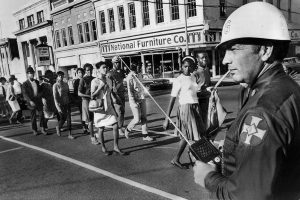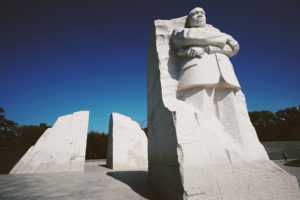
From Barbershops to Science Conferences, Jackson Heart Study Pushes Black Health Improvement
The widely respected Jackson Heart Study began in 2000 with the recruitment of more than 5,000 African Americans from the Jackson metro area who have since undergone comprehensive health screenings at intervals to generate data for research purposes.












